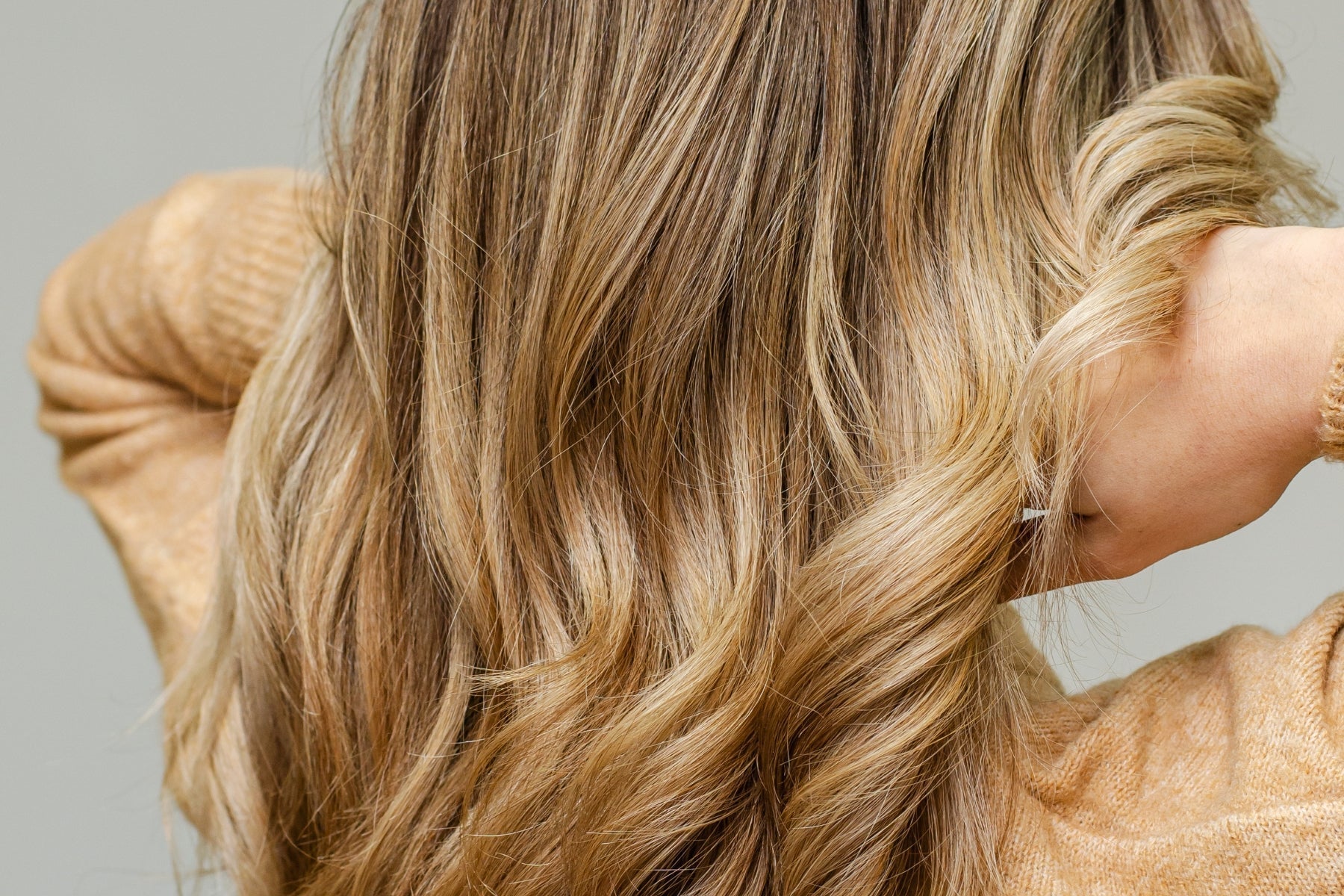
Melatonin: The new solution for hair loss and alopecia?
In recent years, melatonin has gained attention in the hair care world , especially for strengthening hair and reducing hair loss. But can this hormone, known for its role in regulating sleep, really help prevent hair loss? Here's the scoop.
What is melatonin and how does it affect your hair?
Melatonin is a hormone produced primarily in the brain's pineal gland, known for synchronizing and stabilizing the body's cycles. However, recent research has discovered that melatonin has receptors in the skin and hair follicles , where it performs antioxidant and anti-inflammatory functions. It has even been shown that the hair follicle itself can self-regenerate melatonin, thereby regulating its own growth cycle and controlling oxidative stress. These properties have positioned it as a possible treatment for hair loss .
The fact that its production decreases with age, and that poor sleep quality and thinning hair also increase with age, has reinforced the idea that its deficiency may be at least partly responsible for these disorders.

Scientific evidence on the use of melatonin in hair treatments
The use of melatonin for hair has been the subject of several studies, although more research is still needed to draw definitive conclusions.
- A 2012 study showed that daily application of a topical solution containing melatonin combined with antioxidant ingredients such as ginkgo biloba and biotin significantly reduced hair loss and, in some cases, even promoted hair growth.
- On the other hand, a more recent trial from 2024 suggests that melatonin could be beneficial in treating certain forms of female alopecia.
Despite these promising results, current studies do not yet provide conclusive evidence , partly due to limitations in their design and the combination of melatonin with other active ingredients in many of the trials.
Recent scientific studies on melatonin and female alopecia
One area where melatonin has shown a potential impact is in female pattern baldness. This form of hair loss, which affects many women, could benefit from melatonin's antioxidant properties , which protect hair follicles from damage caused by oxidative stress and inflammatory processes. However, while current studies are encouraging, it's essential to note that no study shows that taking or applying melatonin alone improves hair growth or condition.
That is why at Modesta Cassinello we always insist on the important need to consult with a specialist before starting any treatment .
Recommendations
First, we recommend following some good measures aimed at achieving quality sleep that allows for adequate rest, what is now known as sleep hygiene.

Improving your sleep hygiene can have a direct impact not only on your overall well-being but also on the health of your hair. To achieve restful sleep, it's advisable to maintain a regular bedtime and wake-up schedule, even on weekends. Avoiding the use of electronic devices at least an hour before bedtime is also essential, as blue light can interfere with melatonin production. Additionally, creating a suitable sleeping environment—cool, dark, and noise-free—will contribute to quality sleep. Incorporating relaxing routines, such as reading or meditating, helps calm the mind and facilitates deep sleep.
If you're considering using melatonin in your hair care routine , whether in topical products or as a dietary supplement, we recommend keeping the following in mind:
- Consult a professional: Before starting any hair treatment, especially if you are experiencing excessive hair loss, it is important to consult a dermatologist or hair health specialist.
- Consider the complete formula: Don't just get carried away by a trendy ingredient; look for a complete formula that supports hair health.
- Limited scientific evidence: Although initial results from melatonin studies are promising, further research is still needed to confirm melatonin's effectiveness as a treatment for hair loss.
Conclusion
Melatonin could be an innovative solution for hair loss , but its use should be evaluated with caution. Recent studies suggest it has potential thanks to its antioxidant and anti-inflammatory properties, but its effectiveness in all cases has not yet been conclusively established.
We recommend proper sleep management to promote natural melatonin secretion . If you decide to try a melatonin treatment, always consult with an expert and make sure the product you choose is backed by a comprehensive, high-quality formula.


Leave a comment
This site is protected by hCaptcha and the hCaptcha Privacy Policy and Terms of Service apply.